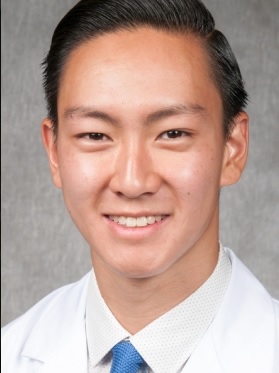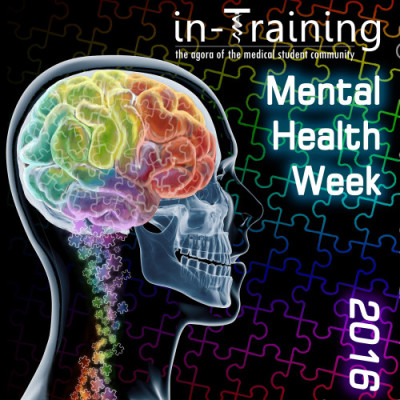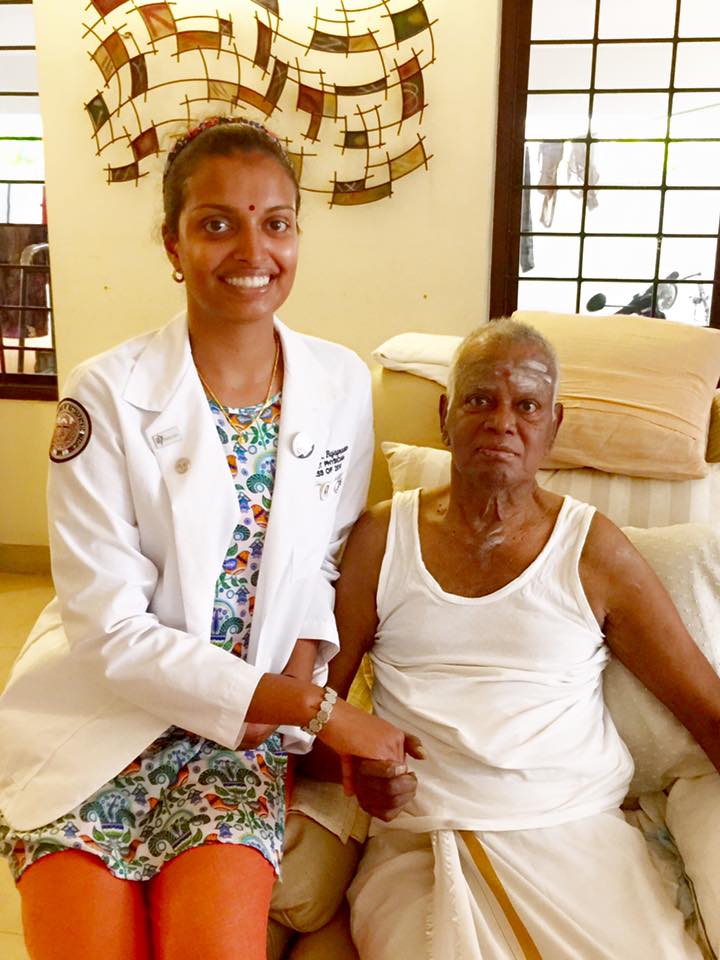Adventure #5: Shake It Off
Unlike me, a lot of my medical school peers are involved in dance activities, from ballroom to hip-hop, and claim that going to dance classes really helps them shake off any negative feelings from the day. Intrigued, I did a little research. Sure enough, I found several articles espousing the beneficial effects of dance on mental health.







